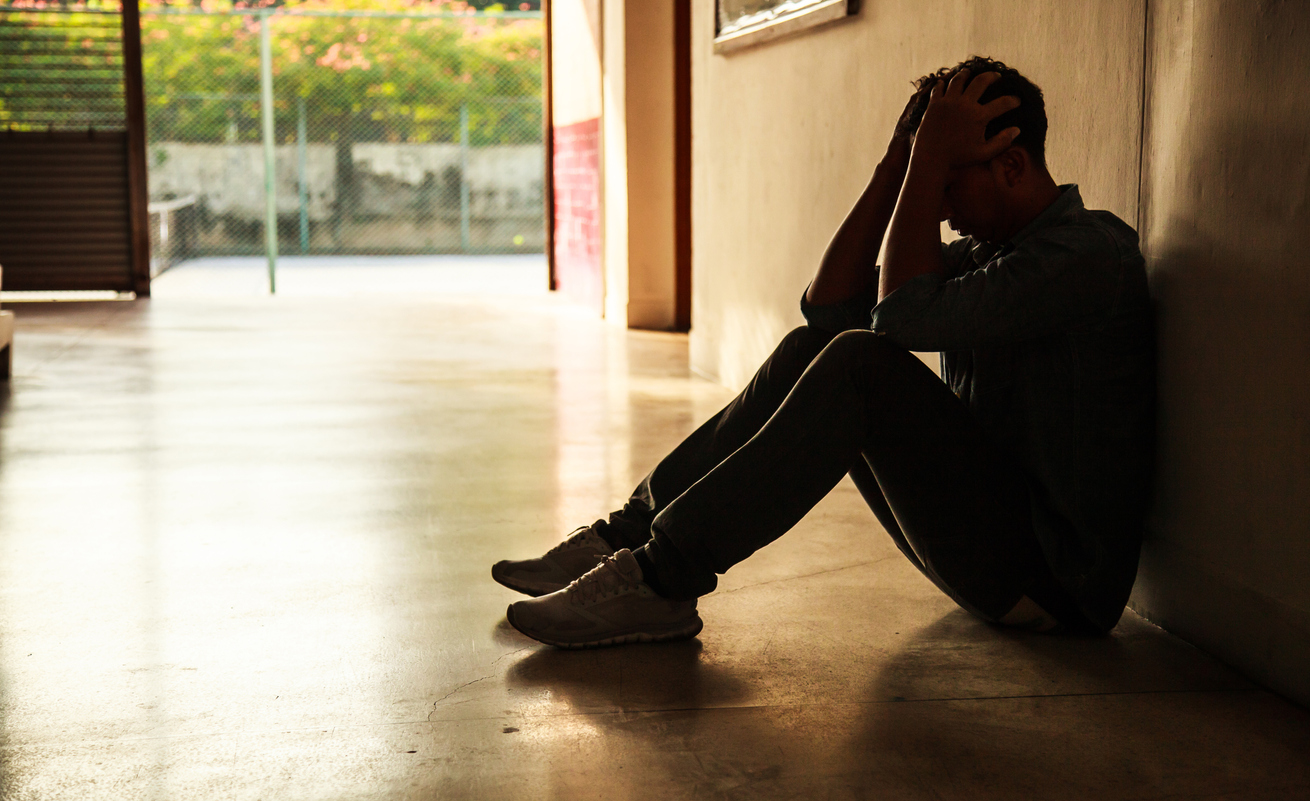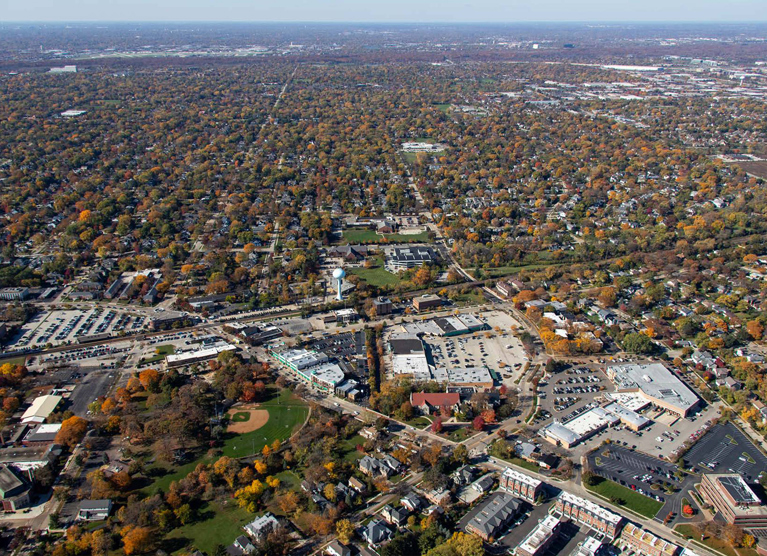
Motorcycle accidents are traumatic experiences that can leave a lasting impact on a person’s mental and physical health. For some, the aftermath of a motorcycle accident can trigger symptoms of depression. Learn more about some of the coping strategies and resources for those who are struggling with depression after a motorcycle accident.
Understanding the Symptoms of Depression
Depression is a mental health condition that can affect anyone, regardless of their age, gender, or background. The symptoms of depression can vary from person to person, but some common signs include:
- Feelings of sadness, hopelessness, or worthlessness
- Loss of interest in activities that were once enjoyable
- Changes in appetite or sleep patterns
- Fatigue or lack of energy
- Difficulty concentrating or making decisions
- Thoughts of self-harm or suicide
If you have been involved in a motorcycle accident and are experiencing any of these signs and symptoms, it is important to seek professional help. Depression is a treatable condition, and there are many resources available to help you cope and recover.
Coping Strategies for Depression After a Motorcycle Accident
- Seek Support from Loved Ones – After a motorcycle accident, it is crucial to surround yourself with supportive friends and family members who can offer emotional care and encouragement. Do not be afraid to reach out to loved ones and let them know how you are feeling. Sometimes just talking to someone who cares can make a big difference.
- Talk To a Mental Health Professional – A mental health professional, such as a therapist or a counselor, can provide you with a safe space to talk about your feelings and work through your emotions. They can also offer guidance and coping strategies to help you manage symptoms of depression. Some people who have been involved in motorcycle accidents feel like they experience a loss of control. A good therapist can help you process these feelings and regain a sense of control.
- Consider Medication – Antidepressant medication can be an effective treatment for depression, especially when used in combination with therapy. If you are considering medication, it is important to speak with your doctor or a mental health care professional to determine the best course of treatment for your individual needs.
- Practice Self-Care – Taking care of yourself is an important part of managing depression. This can include eating a healthy diet, getting regular exercise, and practicing relaxation techniques such as meditation or deep breathing. Making time for activities that you enjoy can also help to improve your mood and overall well-being.
- Set Realistic Goals – Setting goals can be a helpful way to stay motivated and focused on your recovery. However, it is important to set realistic goals that are achievable and manageable. Breaking larger goals into smaller, more achievable steps can also help to prevent feelings of being overwhelmed or uncomfortable.
- Educate Yourself – Learning more about depression and its triggers can help you to better understand your feelings and develop effective coping strategies. There are many resources available, such as books, articles, and online support groups, that can provide you with information and guidance.
Resources for Coping with Depression After a Motorcycle Accident
If you are struggling with depression after a motorcycle accident, there are many resources available to help you cope and recover. Some of these resources include:
- National Suicide Prevention Lifeline – The National Suicide Prevention Lifeline provides free and confidential support to anyone who is in emotional distress or experiencing a crisis. They can be reached 24 hours a day, 7 days a week, at 1-800-273-TALK (8255).
- National Alliances on Mental Illness (NAMI) – NAMI is a national organization that provides education, advocacy, and support for individuals and families affected by mental illness. They offer a variety of resources, including support groups, educational materials, and a helpline.
- American Psychological Association (APA) – The APA is a professional organization for psychologists that provides resources and information on mental health and psychological issues. Their website includes a directory of licensed psychologists and information on finding a therapist.
- Motorcycle Safety Foundation (MSF) – The MSF is a non-profit organization dedicated to promoting motorcycle safety and education. They offer a variety of courses and resources for motorcycle riders, including information on how to recover from a motorcycle accident.
- The Brain Injury Association of American (BIAA) – The BIAA is a national organization that provides support, education, and advocacy for individuals and families affected by brain injuries. They offer a variety of resources, including support groups, educational materials, and a helpline.
- Online Support Groups – There are many online support groups and forums where individuals experiencing depression after a motorcycle accident can connect with others who have experienced similar situations. These groups can provide a sense of community and understanding, as well as information and resources.
Depression after a motorcycle accident is a common experience that can be challenging to cope with. However, there are many resources available to help you manage your symptoms and work towards recovery. If you are struggling with depression after a motorcycle crash, it is important to seek professional help and surround yourself with supportive friends and family members. Remember that you are not alone and that there is hope for recovery. With the right support and resources, you can learn to manage your symptoms and move forward in your life.
Many people find a sense of relief when they put their case in the hands of an experienced motorcycle accident attorney.
For more information, contact an experienced personal injury lawyer at Kass & Moses Personal Injury Lawyers to schedule a free consultation.
We proudly serve clients throughout Northbrook, Lake County, IL, and nearby areas, including Waukegan, Gurnee, North Chicago, Highland Park, Round Lake Beach, Zion, Grayslake, Libertyville, Lake Zurich, Lake Forest, Antioch, Highwood, Mettawa, Mundelein, Vernon Hills, Round Lake, Lindenhurst, and Beach Park.
Kass & Moses Personal Injury Lawyers
601 Skokie Blvd Suite 401
Northbrook, IL 60062
(847) 513-9582

